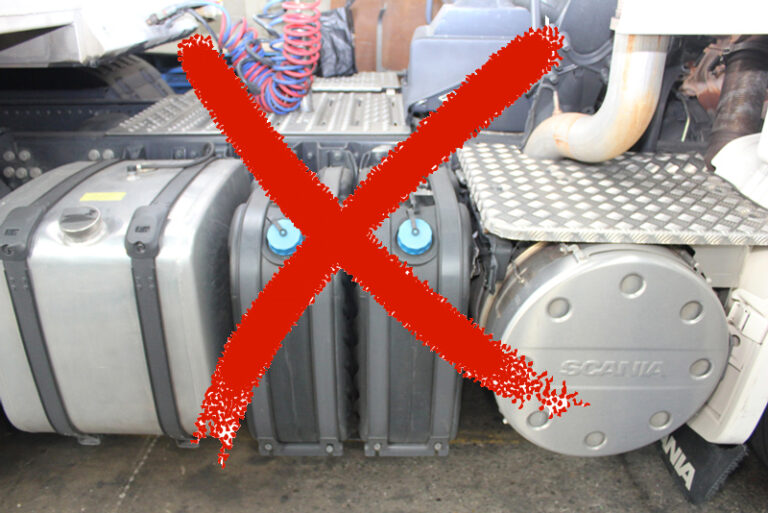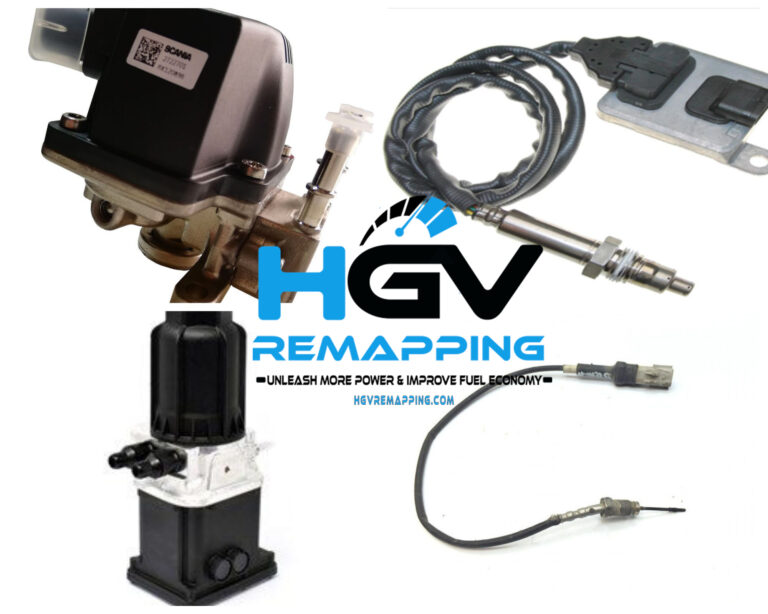PERMANENT ADBLUE SOLUTION
PERMANENT ADBLUE SOLUTION
WHY REMOVE ADBLUE FROM YOUR TRUCK?
WHY REMOVE ADBLUE FROM YOUR TRUCK?

First and foremost, it is essential to understand that removing an AdBlue device from your truck is illegal and poses significant environmental risks. Our Delete Service is exclusively designed for off-road use. Utilizing this service while driving on public roads may lead to legal consequences.
While we understand that some customers might face challenges when travelling to certain regions, such as North Africa, the Middle East, or South America, where AdBlue might not be readily available, adhering to legal and ethical practices is crucial.
Our specialised AdBlue service is the perfect fit for HGV and Agricultural vehicles intended for export outside the European Union or working quarry.
However, we emphasize that you must declare any modifications to the appropriate authorities. Drive responsibly and confidently with our off-road AdBlue solutions!
Adblue systems can be very expensive to fix when they go wrong, which happens often. One of the main problems is the regular changing of NOx sensors which normally costs a minimum—£400 per NOx sensor up to £1000. Over a year this can easily add up to £5k per truck.
Then bear in mind you will now have to worry about DPFs and getting them cleaned, plus faulty adblue pumps which add up drastically over time.
SWITCHING OFF ADBLUE LIGHT
SWITCHING OFF ADBLUE LIGHT

Our adblue solution is undetectable and is designed to electronically remove the management of the Advblue system at the brains of your vehicle. It is not a modulation box or an added-on item.
When you remove the Adblue on your truck, the following will stay connected to the vehicle but does not work.
- Adblue Pump
- Catalyst
- Nox Sensor
- Temperature Sensor
- Adblue Injector
- Adblue Tank Level
Vehicles with adblue limp mode in xxx kilometres or hours will be reset.
Act now before it’s too late! If your vehicle shows signs of limp mode issues in a few kilometres, don’t hesitate to contact us. However, if you’re already in limp mode, no worries – we can conveniently remove the AdBlue from your vehicle at your home anywhere in the UK.
VARIOUS SOURCES CAN LEAD TO FAULTS IN THE ADBLUE SYSTEM:
VARIOUS SOURCES CAN LEAD TO FAULTS IN THE ADBLUE SYSTEM:

1. AdBlue Injector: This can occur due to a seized or faulty injector, resulting in the inability to inject AdBlue into the system.
2. Defective Catalyst: A burned, deteriorated, or melted catalyst can hinder the optimized operation of the exhaust gas post-treatment system. Over time, this can lead to the particle filter getting clogged as regenerations are no longer carried out.
3. Particle Filter: The particle filter may become clogged due to multiple reasons such as catalyst issues, frequent short journeys, and incomplete automatic regeneration.
4. SCR (Selective Catalytic Reduction): Problems in the SCR catalyst, such as clogging or physical damage, can also cause issues. Additionally, faults in the NOx sensors can impact SCR events managed by the vehicle’s control module.
It’s essential to address these issues promptly to maintain the proper functioning of your vehicle’s AdBlue system.
GETTING READY FOR EXPORT? HERE IS HOW WE WILL DEACTIVATE YOUR ADBLUE:
GETTING READY FOR EXPORT? HERE IS HOW WE WILL DEACTIVATE YOUR ADBLUE:

- At the core of our process is an entirely electronic operation.
- No physical intervention is involved where we need to remove the tank or any AdBlue circuit components from your vehicle. Moreover, we don’t rely on pre-existing programs from other vehicles.
- Our solutions are meticulously tailored to suit your specific vehicle!
- We access your vehicle’s information using two methods: through the OBD socket or via the BENCH method, which directly connects to the ECU’s pins without requiring it to be opened. Through this same electronic method, we write the new program data.
- The beauty of this electronic intervention lies in its undetectable nature
However, driving legally is always the best course of action. While we take pride in our services, we cannot assume responsibility for your use of our solutions. Your compliance with relevant regulations and laws remains important to us. Drive legally and confidently with our seamless electronic modifications!
Please note that any updates performed by your vehicle’s authorized dealership can erase the program.
Specify to them that you don’t need an engine update if possible. Otherwise, the data will be lost, and you will need to revisit us. Rest assured we will be able to update the file for you at a reduced fee.
